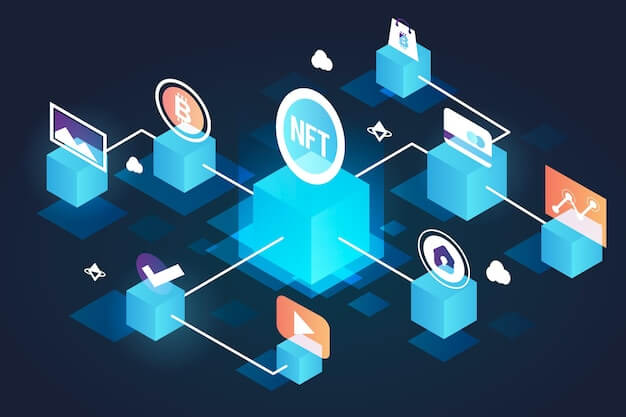The reason why blockchain can establish trust is that it represents a real shared record. The data that everyone can trust will help promote the development of other new technologies, and will also greatly improve the efficiency, transparency and trust of mutual cooperation.
Other uses of blockchain include:
Cryptocurrency:
As a powerful medium of wealth transfer, users can send or collect funds from people around the world, which takes much less time than ordinary bank transfers (the handling fee is often minimal), and cryptocurrencies cannot be forged, ensuring the authenticity and reliability of transactions.
Conditional payment:
If two people who don't know each other want to bet on a sports match. Then two people can launch a smart contract. After the competition, the smart contract will evaluate the results of the competition, and then the deposit will be sent to the winner.
Distributed data:
Blockchain can choose to integrate with distributed storage devices to manage files.
negotiable securities:
Securities include stocks, bonds, funds and other types of securities. Although blockchain based security cryptocurrency will introduce a certain degree of counterparty risk, it can bring much-needed improvements in the financial industry, inject new circulation and portability capabilities into the current securities field, and achieve asset token (such as property and equity).

Supply chain:
Efficient supply chain is the core of many successful enterprises, which is related to how goods flow from suppliers to consumers. However, traditional methods are difficult to coordinate multiple stakeholders in specific industries. By using blockchain technology, an irreversible database can be introduced, and an interoperable ecosystem can be established on this basis. Multiple enterprises share an information platform, raising the transparency of countless industries to a new level.
game:
Players rely on servers controlled by game companies. However, players do not enjoy real ownership, and game assets only exist in the parameters of specific titles. If the blockchain operation mode is adopted, players will be able to own their own assets and gain the ability to trade with other players and the market.
medical care:
The transparency and security of blockchain technology provide an ideal platform for storing medical records. The medical industry, such as hospitals, clinics and other health service providers, operates independently. If it relies on a centralized server, sensitive information will be placed in a centralized vulnerable state. If the encrypted personal medical records can be safely kept on the blockchain, patients can not only protect their privacy, but also easily share information to any institution that wants to use the global database.
Remittance:
It is very troublesome to make cross-border remittance through traditional banks. Not only is the handling fee expensive, but also the lengthy settlement time cannot meet the needs of urgent transactions. The main reason is that the intermediary network is complex. Cryptocurrency and blockchain can avoid these intermediary ecosystems. At present, many projects are using blockchain technology to achieve cheap and fast transfer.
Digital identity:
In the digital age, we urgently need a digital identity solution. Physical identification is easy to forge and difficult for many people to obtain. The so-called "autonomous identity" can be linked to the blockchain ledger and bound to the identity owner; Identity owners can selectively disclose personal information to third parties without sacrificing personal privacy.
Internet of Things:
Some people speculate that more and more real devices can access the Internet, which will greatly promote the blockchain technology in both home and industrial scenarios. The growth of these devices requires a new "machine to machine" payment economy, supported by high throughput micro payment systems.
Charity:
Charities often encounter obstacles when receiving funding. By using the inherent characteristics of blockchain technology to improve transparency, international participation and reduce costs, the influence of charity can be expanded to a greater extent.





